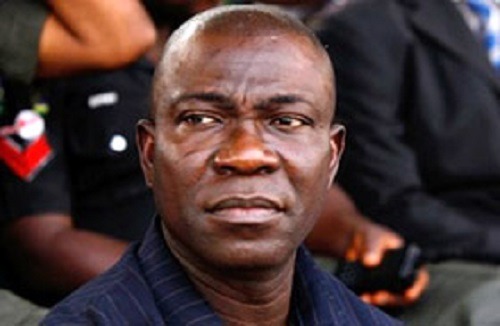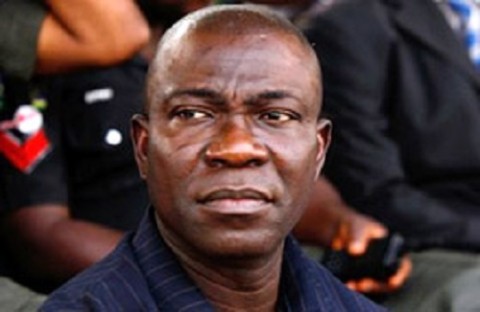Teddy Oscar, Abuja
The Senate on Thursday passed into third reading a bill for an act to establish the College of Complementary and Alternative Medicine in Nigeria.
This is even as the sponsor, Senator Clever Ikisikpo, also recommended that the sum of N3.9 billion be set aside as the take-off fund for the establishment, if it is eventually passed into law.
In his explanatory note attached to the lead debate, Ikisikpo noted that the take-off grant of N3.9 billion would cover consultancy, capital costs, personnel emoluments, and cost of specialised training for staff, among others.
Presenting the lead debate on the floor of the Senate, Ikisikpo noted that the bill was aimed at providing constitutional framework for more effective operations of the Federal College of Complementary and Alternative Medicine, created as an agency under the Federal Ministry of Health in 2007.
He explained that providing legislative backing for the college would ultimately complement Federal Government’s efforts at encouraging alternative medicine practice which had already been embraced by medical practitioners in most European, Asian and African countries.
The college, he said, is saddled with the responsibility of training and retraining alternative medicine practitioners in the health care delivery services.
He also explained that the institution will carry out clinical and research, as well as provide alternative methods of treating ailments.
“Complimentary and Alternative Medicine is the branch of medicine, which philosophy is grounded in the enhancement of the body’s own healing power through the use of natural means. This branch of medicine is coming to the forefront of health care in most Asian countries, African countries, European countries and America today, thus having the effect of a healthier and stronger society and enhancing our very valuable human resources,” he said.
Ikisikpo observed that since its establishment in 2007, the college had done research into various remedies that could cure major diseases like cancer, cholera, VVF, as well as advanced management and cure of HIV/AIDS.
Ikisikpo, however, regretted that the college has been producing remedies for ailments over the years without the proper legislative framework necessary for its development and progress.
“At present, the college is the first of its kind in Africa, teaching Osteopathy, Acupuncture, Homeopathy, Naturopathy, Natural Medicine and other related disciplines in one single institution,” he added.
He assured Nigerians that the institution is capable of increasing life expectancy in Nigeria from 45 to 75 years based on the quality and effective healthcare services it was capable of providing.
He said that the legislative backing would enable the institution to give a proper structure to the required formal training ground for the extremely vital medical input in the country.
Those, who contributed to the debate, described the project as laudable, but cautioned against abuse by the extreme traditional medicine practitioners.
Senate president, David Mark, equally cautioned against allowing the alternative medicine practice go beyond using herbs to a different realm.
“We should be careful. This is because most of the native doctors do incantations and people say they get well. Would you take that as one of the things the college would encourage?
“There are areas where we just need to exercise a bit of caution. Sometimes, when you are sick in the village, they don’t give you anything to drink. They just give you something to tie on your waist or to carry in your pocket and then it is assumed that you would recover.
“We should try and be careful so that we don’t go beyond the limit. Also I know that for those who come from the South East, in particular in Anambra State or Onitsha, you know they sell medicine there that they say is the killer of 77 diseases. Just one small bottle, and they market it very well, and people buy and it is in hot demand. I think that is the kind of thing the college should look at.
“Establishing the college is not the problem, it is what would be taught in the college and the limit of what would be regarded as the subjects to be taught in the college that I think that we need to look at. Maybe after this we would get another agency that would try and regulate the subject and what will be taught in the college. I think we should all support this bill,” he said.








